Apple Flew In $2 Billion Worth Of IPhones To Dodge Trump’s Tariffs
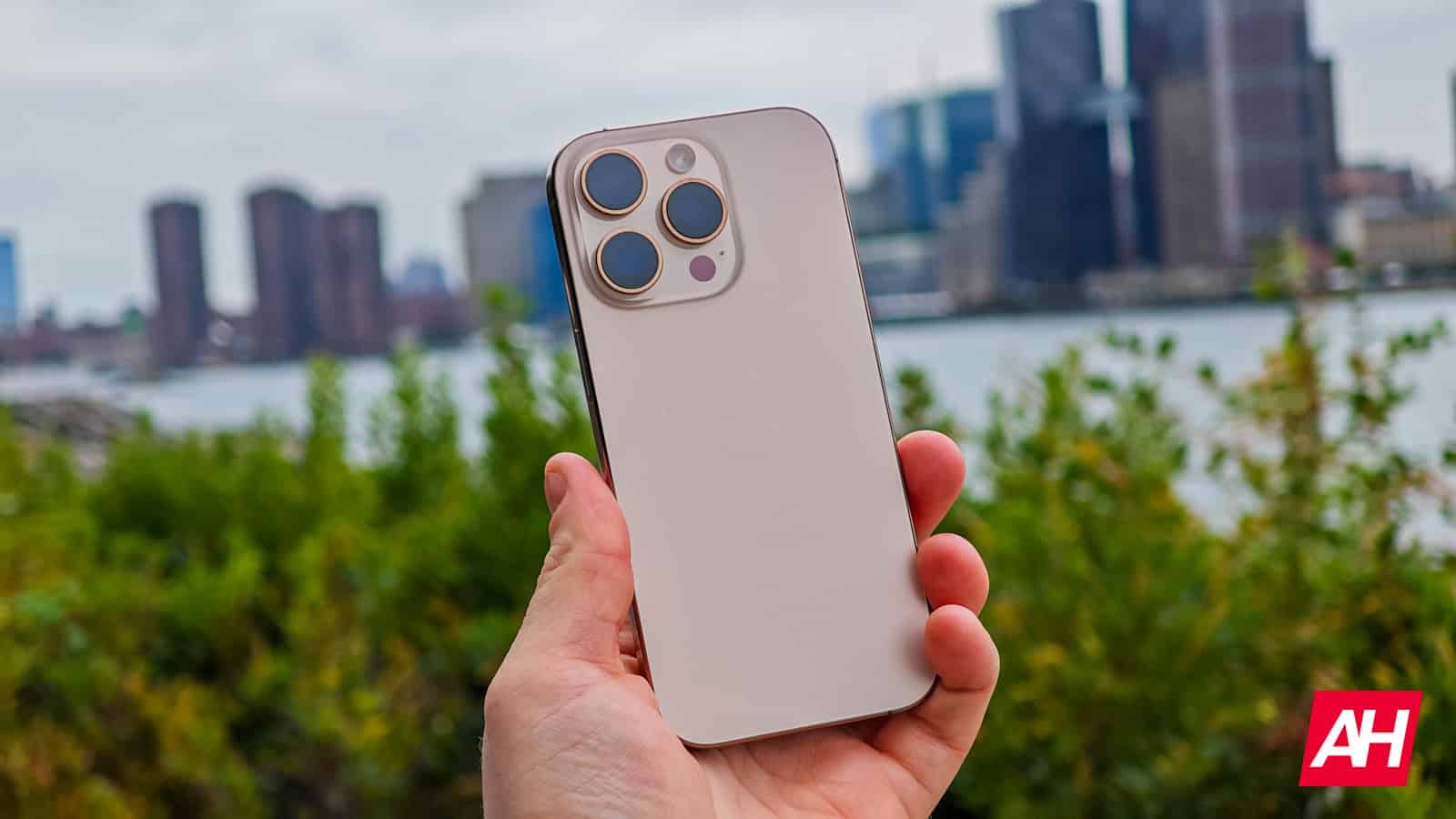
Summary: Facing steep tariffs from President Trump, Apple rushed to import nearly $2 billion worth of iPhones from India in March—its largest shipment ever. The move, involving 600 tons of devices flown into the U.S., was a strategic effort to stockpile inventory before a 26% tariff on Indian imports took effect.
In March, ahead of President Trump’s incoming tariffs, Apple exported roughly $2 billion worth of iPhones from India. This included about $1.31 billion from Foxconn, and around $612 million from Tata Electronics. These are Apple’s two main suppliers in India, and it’s the most Apple has ever imported at once. Even higher than around iPhone launch day in September every year.
Apple chartered cargo flights to bring in 600 tons of iPhones into the US. To ensure that it had sufficient inventory for one of its biggest markets. All due to the fears of Trump’s incoming tariffs. This is all according to US Customs paperwork. Which also highlights that Apple imported iPhone 13, 14, 15, 16, and 16e models.
Currently, the average cost for an iPhone is right around $1,000, according to CIRP. This means that Apple exported around 2 million iPhones from India before these tariffs kicked in.
Apple tried to beat the tariffs ahead of time
Apple, that manufactures almost everything overseas, mainly in China, India, and Vietnam, knew it was going to get hit with tariffs. But they likely weren’t expecting to be hit this hard. President Trump unveiled tariffs on just about every country and island in the world – except for Russia and North Korea. Much more than many were expecting. India got hit with a 26% tariff on imports, and the US is still fighting with China, but currently, their tariff is around 145%.
President Trump has since granted exclusions for many electronics, though he has also said that the exclusions are temporary. He is also looking at imposing tariffs on semiconductors, which would hit Apple pretty hard. Currently, almost all of their chips are manufactured by TSMC in Taiwan. However, they are designed by Apple in Cupertino. Every product that Apple sells has a chipset inside, from the Magic Mouse to the Mac Studio.
Of course, Apple could swallow the tariff increase with ease. But if these tariffs stick around for any length of time, that likely wouldn’t happen. Apple has a ton of cash on hand, last totaled at around $162 billion. So, they aren’t in dire straights, but these tariffs could slow down their sales quite a bit. As people opt to keep devices longer and/or opt for upgrading to cheaper products.
What’s your reaction?
Love0
Sad0
Happy0
Sleepy0
Angry0
Dead0
Wink0
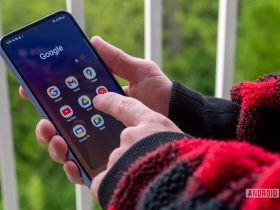
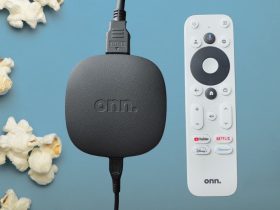
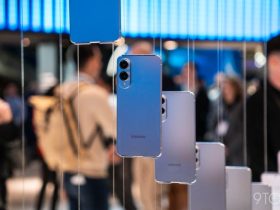

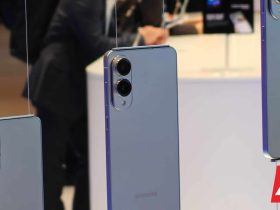
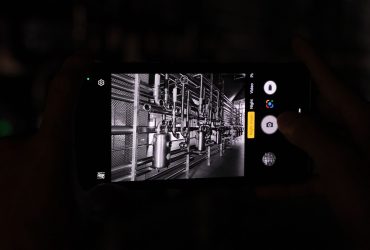
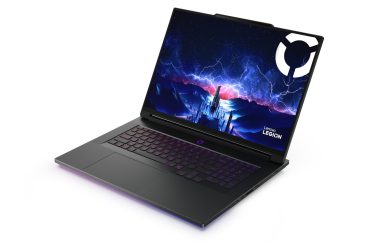


Leave a Reply
View Comments